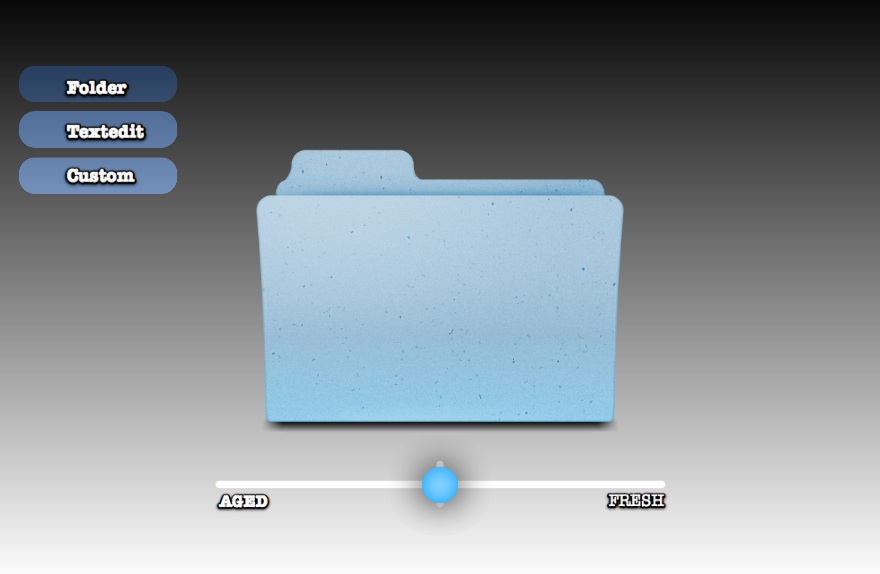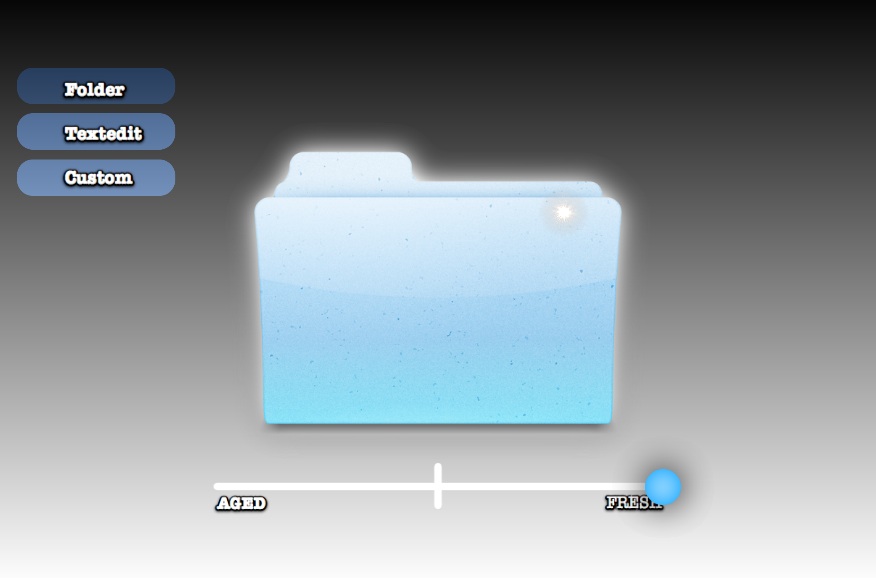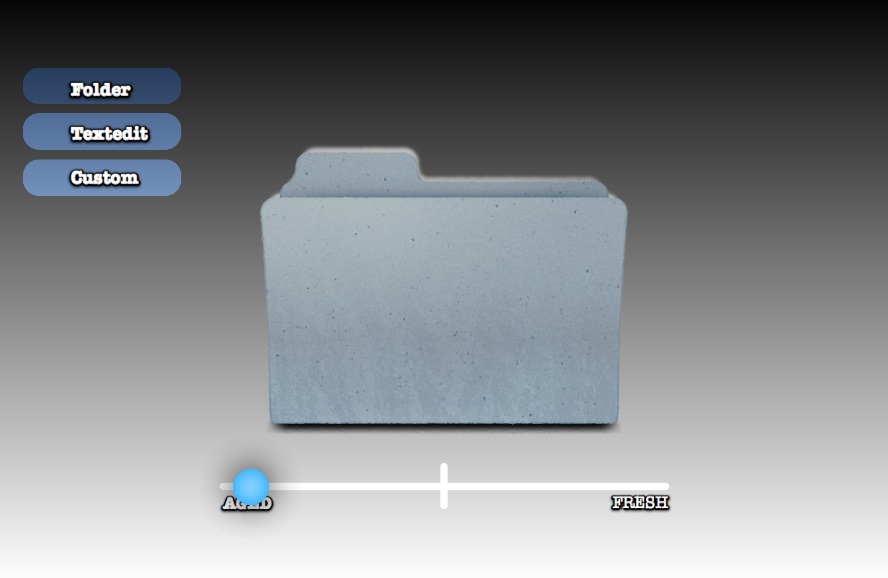 A recent post on the excellent blog Functioning Form, titled Beneficial Disorder in Interface Designs — makes reference to a book called A Perfect Mess.
A recent post on the excellent blog Functioning Form, titled Beneficial Disorder in Interface Designs — makes reference to a book called A Perfect Mess.
 The blog post concludes with the following statement;
The blog post concludes with the following statement;
We often strive for buttoned-up organization in our application and system designs -perhaps at the cost of being able to maximize efficiency by tolerating some disorder in our designs.
But, what is disorder? I propose that there is very little true randomness in our visible natural world. There are some systems which produce almost unpredicable behaviour, like the weather, but much of the variations and complexity has fairly obvious causes and relationships. Some trees are shorter than others, because they lie in less nutritious environments or are eaten by animals more. The river trickles one day and flows the next, due to the rain upstream a few days ago. Even in the placement of the leaves that fall on the ground; some fall further due to their shape, and there are various layers of aged leaves depending on the wind conditions of each and every day. Some will be disturbed where an animal had dragged its tail through, and so forth.
Bushmen of many cultures could, and can, track animals days away, by noticing the subtlest evidence left in the forrest or bush. So, instead of seeing a mess, humans are good at seeing a 'complex system with lots of clues'.
I think the problem of 'mess' is probably accentuated due to:
1. We've never had so much stuff to keep track of in human history. Thousands of individual personal items. I can't imagine hunter-gatherers lugging more than a dozen items around with them
2. We can memorize many 'things' or landmarks in nature, but they are linked in a unchanging map. Seeing the gnarly tree-that-looks-like-a-man meant that the ocean was nearby
3. Many things in nature are readily disposable and replaceable. Lose your fire-poking stick? No problem, there'll be another one around. And what's more, the one you lost will happily biodegrade back into the environment
And on the computer:
4. Files, folders, events often look pixel-perfect identical, at least on the Mac. Windows actually makes some attempt to show what files are in the folders. But there is no evidence that they've come and gone, that they are old or new, oft-used or brand-spankin' new.
Example:
Here are two folders. One is brand new, and empty, untouched. One is old, used often and stuffed full of files. Which is which?
In the race to a perfectly organized environment, we've lost the clues by which we are habitually and genetically designed to find and understand.
That quote again:
...maximize efficiency by tolerating some disorder in our designs...
I propose that we should not
tolerate disorder. Because it's
not disorder. It's simply a lot of information which is not represented well. And some things do seem to age beautifully.. the characterisitics which have been ironed out in computer User Interfaces don't
have to look ugly.

What computer systems exist or have existed to show this kind of data?
Click to read more ...
 Friday, March 19, 2010 at 11:33PM
Friday, March 19, 2010 at 11:33PM 



 A recent post on the excellent blog Functioning Form, titled
A recent post on the excellent blog Functioning Form, titled  The blog post concludes with the following statement;
The blog post concludes with the following statement;

 What computer systems exist or have existed to show this kind of data?
What computer systems exist or have existed to show this kind of data?